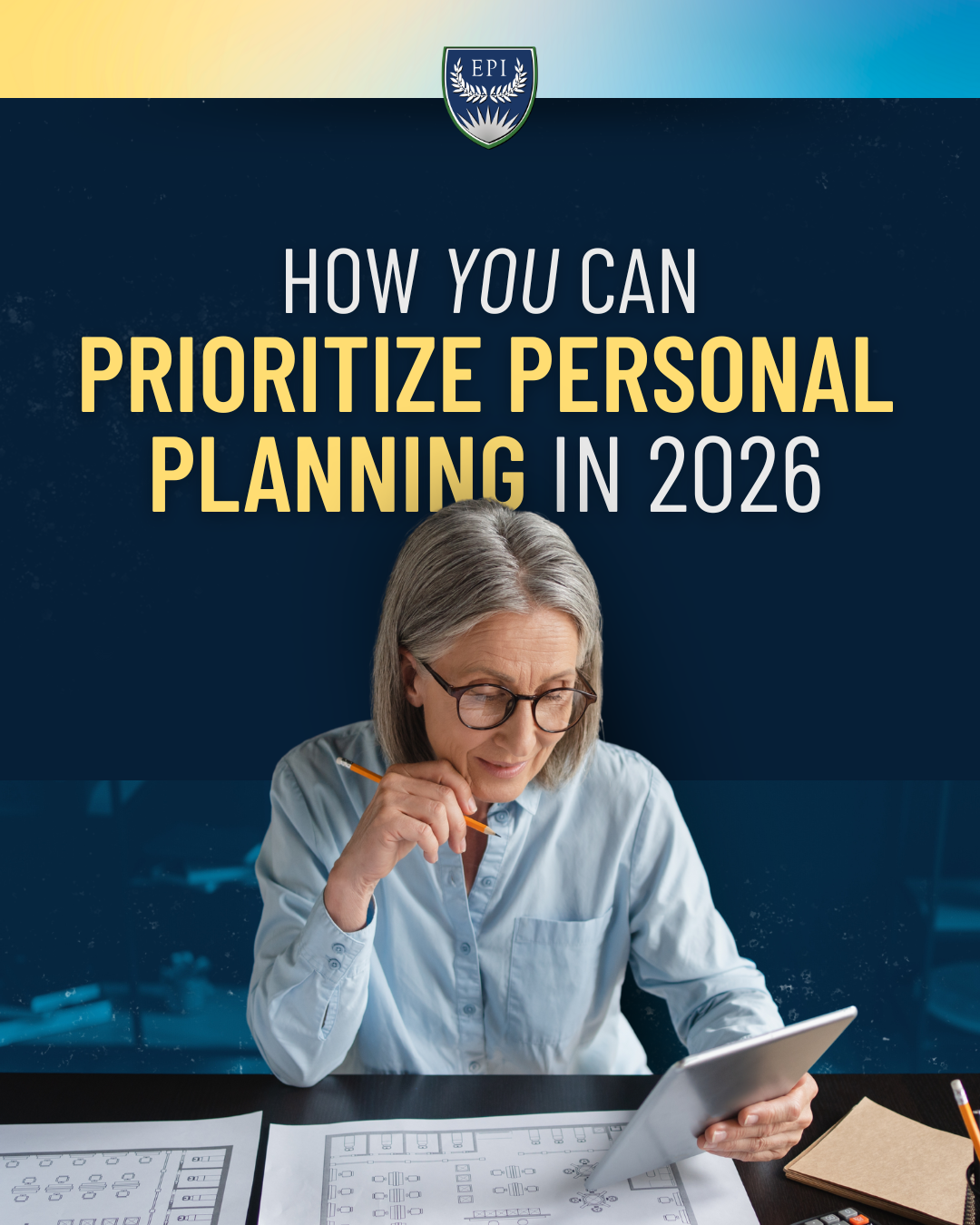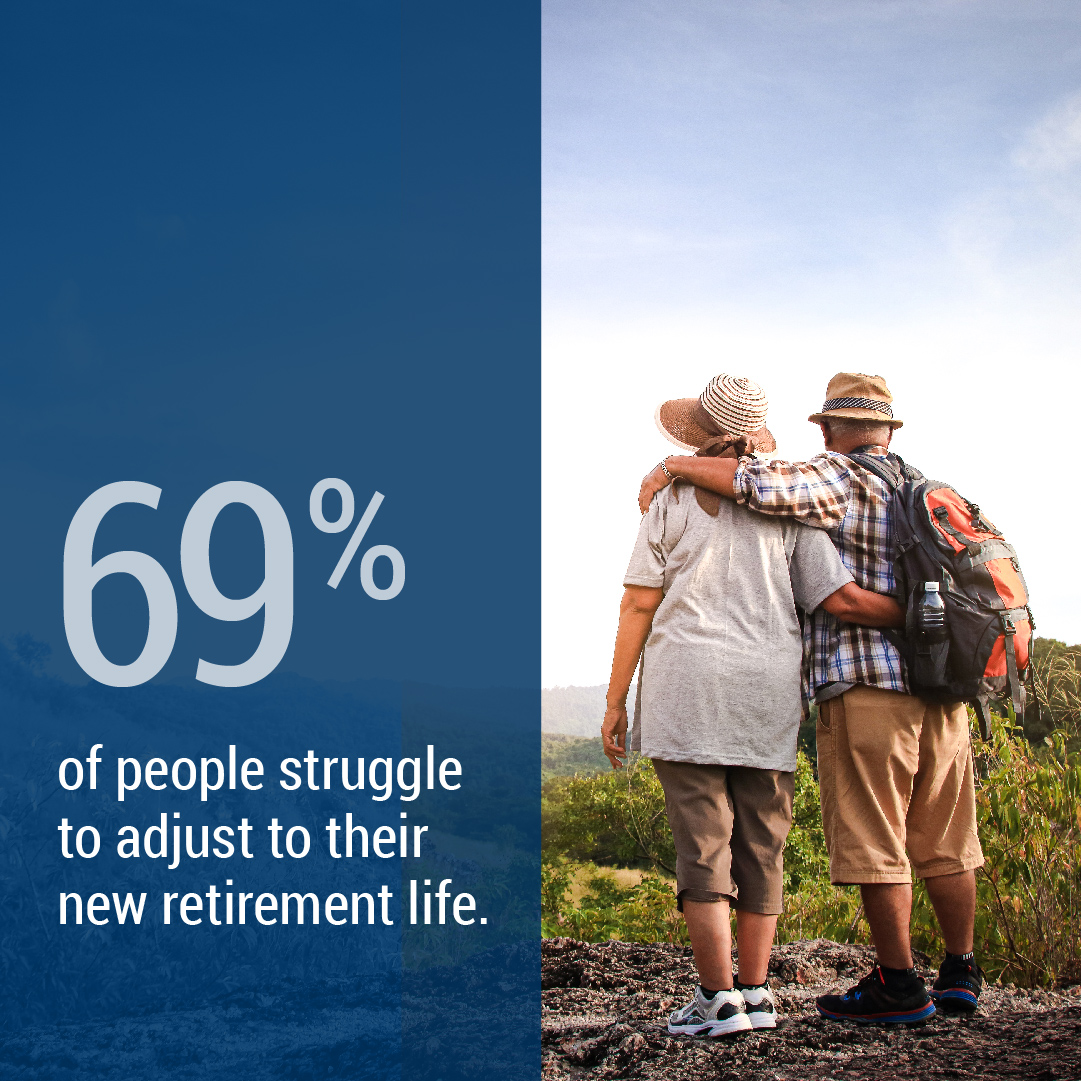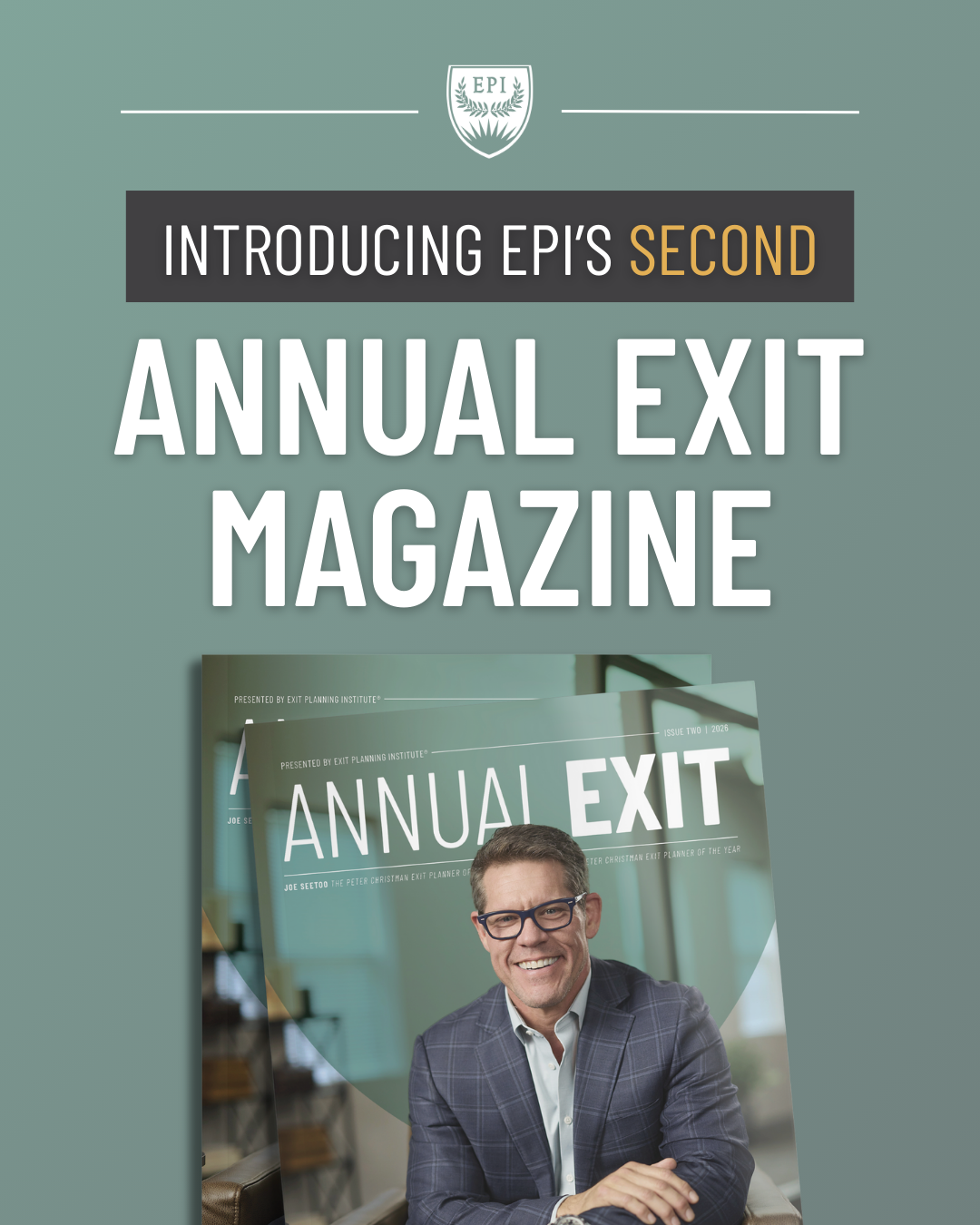
THE EXIT PLANNING BLOG
Keep up-to-date with exit planning, succession planning, industry trends, unique specialty insights, and useful content for professional advisors and business owners.
Share this
Being What He Needed: Advising Owners on a Personal Plan
by Exit Planning Institute on December 23, 2024
.png)
“I am the partner I wish I had when I faced my own untimely exit.”
Scott's Story
Being part of the family business seemed to be Scott Couchenour’s destiny—and it was for 30+ years.
The business, which built churches around the U.S., was started by his father, and Scott served as its chief operating officer for most of his career. After a five-year slide that began with The Great Recession in 2008, he took over as chief executive officer, striving to steer the company out of its decline. While the company was making progress, it remained financially vulnerable. In 2015, the loss of a major project—canceled for reasons that had nothing to do with the business itself—forced the company into a position from which it could not recover.
“I found myself as a 50-year-old without a career, without an income, and without an identity,” shares Scott. “If I had someone like me now, I am certain I wouldn’t have suffered as deeply or as long.”
Instead, Scott says, he struggled for about two years trying to figure out what was next for him. He was already certified as a coach, and with his operational background, he understood strategic planning well. What was missing, Scott says, was how to apply this knowledge to his life.
“I realized I had all the elements but needed to apply them to me as a person,” he says. “I needed to design a strategic way of living, and I did.”
Scott's New Way of Living
Scott based his new way of living on six tenants:
- Spiritually Anchored: The values or beliefs that bring you peace
- Physically Fit: Health and fitness to live as you desire
- Relationally Rich: Relationships that you value and meaningful connections
- Emotionally Healthy: Practices that support emotional well-being
- Vocationally Aligned: Where you give your time, energy, and attention
- Financially Free: Financial freedom that secures your future while supporting the lifestyle you envision
With these in mind, he began living more intentionally and soon realized that he couldn’t be the only one who needed this direction. Scott began working with business owners to help them do personal planning for their post-exit life. And so, after the devastating loss of a family business, he became the type of advisor he wished he would have had a decade ago.
“There’s so much focus on a business owner’s business, but not on them as individuals. But we are humans first, then business owners, so we need to equally focus on our personal lives,” he explains.
His role is to help business owners prepare to usher in a whole new landscape, often discovering who they are as people and what they consider their guiding principles.
After meeting with Justin Goodbread, a Certified Exit Planning Advisor (CEPA), at an event, it became clear to Scott how his work could help bridge the gap in an owner’s post-exit life.
“Justin said, ‘We get the business ready, and you get the owner ready.’ It was a watershed moment for me,” Scott says. “This work today is redemptive of the loss I experienced back in 2015.”
Scott is active in the EPI community. He participates in the local EPI chapter, has taught at EPI Academy, and has been on the Exit Now podcast. He believes his work benefits CEPAs because it ensures owners are personally ready and won’t delay or hinder the exit transition in any way.
“Many have been with their business for 30-40 years,” Scott says. “It’s a huge part of their identity—a big part of who they are and their daily rhythm and system. I want to help them view the exit as something they are running to versus running away from.”
In fact, Scott wants to help owners see that the best is yet to come.
“I believe owners can have more impact on the world in their post-exit life,” he says. “They have more time, more resources, and wisdom and knowledge to share. It’s exciting to help them realize that and figure out how they want to do that.”
Related Resources:
Share this
- Blog (547)
- CEPA (429)
- exit planning (249)
- CEPA community (188)
- Business Owner (173)
- Exit Planning Summit (99)
- EPI Chapter Network (89)
- Value Acceleration Methodology (81)
- Exit Planning Partner Network (76)
- EPI Announcement (50)
- Content (48)
- Webinars (37)
- Excellence in Exit Planning Awards (34)
- Marketing (30)
- 2024 Exit Planning Summit (28)
- 5 Stages of Value Maturity (26)
- Books (24)
- EPI Academy (24)
- EPI Team (22)
- Exit Planning Teams (22)
- Leadership (21)
- 2023 Exit Planning Summit (20)
- family business (20)
- women in business (19)
- Intangible Capital (18)
- Exit Options (17)
- Black Friday (16)
- CPA (15)
- Walking to Destiny (15)
- Chapters (14)
- State of Owner Readiness (14)
- Chris Snider (12)
- National Accounts (12)
- Small business (12)
- charitable intent (12)
- personal planning (12)
- Financial Advisors (11)
- Season of Deals (9)
- 5 Ds (8)
- About us (8)
- Podcast (8)
- Scott Snider (8)
- Insiders Bash (7)
- Christmas (6)
- Exit Planning Content Library (6)
- Case Studies (5)
- Owner Roundtables (5)
- Three Legs of the Stool (5)
- Value Advisors (5)
- financial planning (5)
- Awards (4)
- Circle of Excellence (4)
- EPI Thought Leadership Council (4)
- Exit & Succession (4)
- Five Ds (4)
- executive training (4)
- Owners Forum (3)
- author (3)
- forbes (3)
- DriveValue (2)
- Exit Is Now Podcast (2)
- Peter Christman (2)
- Veteran (2)
- Whitepapers (2)
- Annual Exit (1)
- Business Owners Forum (1)
- SOOR (1)
- business consultants (1)






